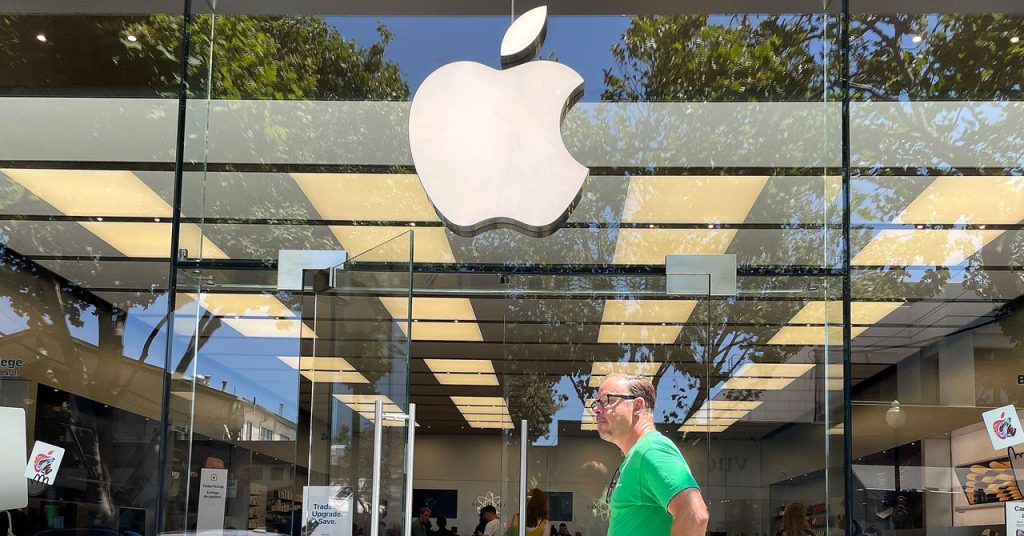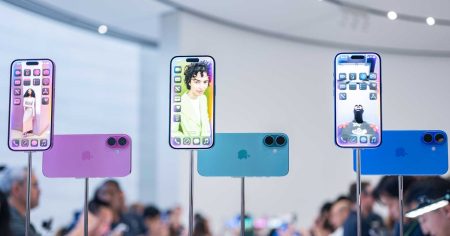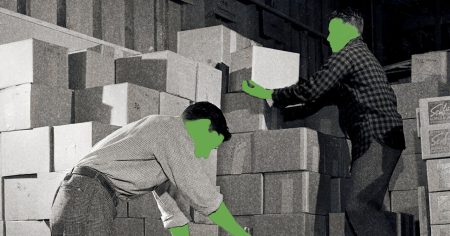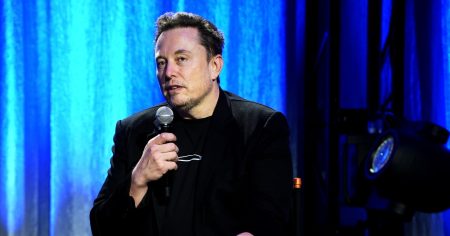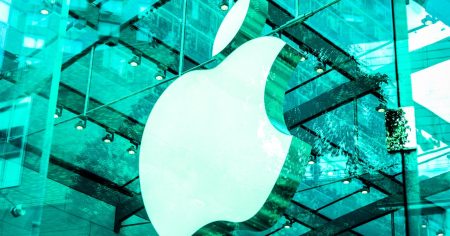Apple has commissioned an audit of its working conditions before. The company agreed to audit the factories in its supply chain operated by China’s Foxconn in 2012 after a raft of worker suicides. However, Apple controversially chose the apparel-industry-founded Fair Labor Association over groups recommended by labor advocates, who later criticized the audit report for going too easy on the company.
Apple has yet to publicly disclose who is conducting its current labor audit. That’s a problem for workers who may want to participate, because they don’t know who to contact, says Jonas Kron, chief advocacy officer at Trillium Asset Management, one of the investors that backed the assessment. Trillium was joined by the New York City Comptroller, Parnassus Investments, SOC Investment Group, and the Service Employees International Union.
The coalition tried to head off the possibility that a selectively sampled audit could provide a distorted picture of working life at Apple. In a January letter to the company, investors asked it to collaborate with a widely respected human rights expert and consult a representative sample of workers, including those involved in union activity.
“Failure to engage with the workers who believe their rights are being interfered with will undermine the credibility of the assessment,” says Michael Garland, New York City’s assistant comptroller for corporate governance and responsible investing.
Kron of Trillium agrees. “When it does come out, I think that’s going to be a big question for everybody: Is this a credible document?” he says. “The board of directors’ reputation is implicated by the quality of the assessment. Same with the assessor.”
US law protects workers’ right to organize, and Apple’s human rights policy makes a commitment to follow the International Labor Organization’s principles that say employers should allow workers freedom of association. Nonetheless, employees say the company has waged a divisive and at times unlawful anti-union campaign.
Union members have accused the company of holding “captive audience” meetings to dissuade them from unionizing, threatening to take away benefits if they voted for the union, and awarding new benefits to all stores except those that had unionized. The US National Labor Relations Board is currently investigating some two dozen charges against the company.
The Towson, Maryland, Apple Store was the first to win a union election, in June 2022. Eric Brown, who works as a lead at the store, says its staff are “still rebuilding relationships” after management aggressively pushed back against the union effort, making daily work meetings “almost political.” A month after winning their union, store employees launched a petition calling on Apple to suspend its union-busting campaign, which they called “nothing short of traumatic for many of us.”
Michael Forsythe, who works at the Genius Bar in the unionized Oklahoma City Apple Store, says management’s resistance campaign at his location likewise became “ugly,” with bosses lobbing insults at employees involved in the union effort. For instance, he says that a senior leader questioned his character in front of other staff.
Brown, for his part, fears that Apple may use a whitewashed report as “propaganda” to bolster its reputation as it continues to stifle organizing efforts. Both unions filed unfair labor practice charges over the summer on account of the sluggish progress of contract negotiations with Apple.
Kron, the Trillium investor, says a robust labor audit should identify any failures and recommend corrective actions. Brown and Forsythe say they’d like to see Apple cultivate a positive working relationship with its unions. They cite Microsoft as a model; the company recently agreed to a “labor neutrality” policy, pledging not to interfere with union campaigns and to foster an environment conducive to information sharing between workers.
“Apple still has time to set a good example and set themselves apart from other companies launching brutal anti-union campaigns,” Brown says.
Read the full article here
